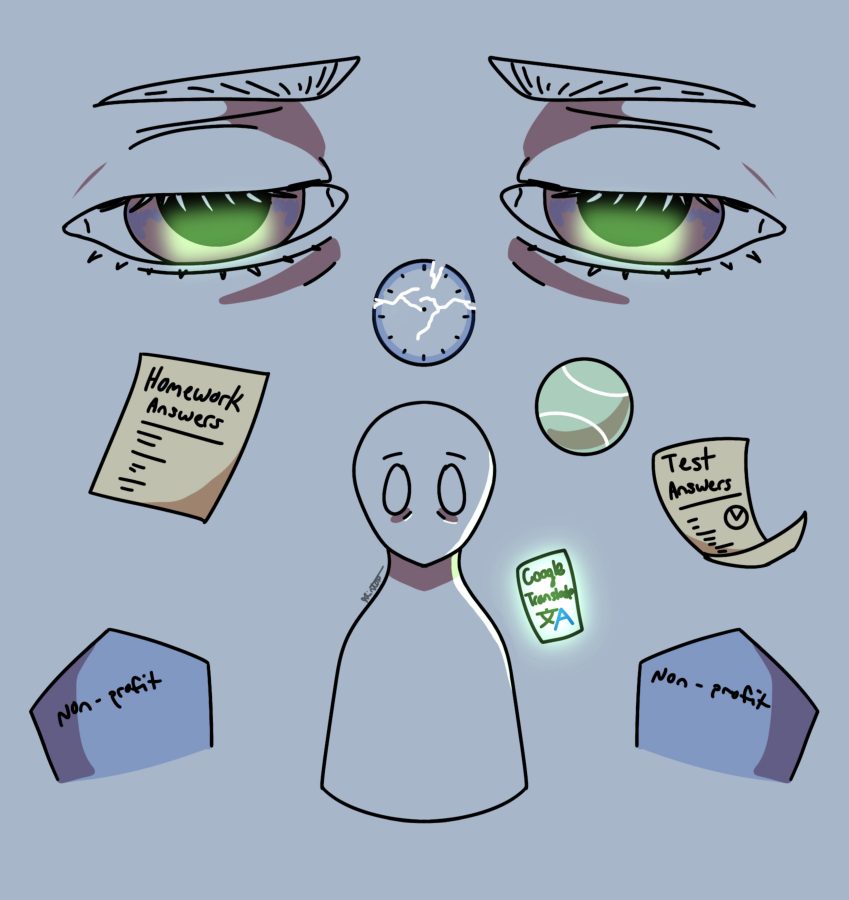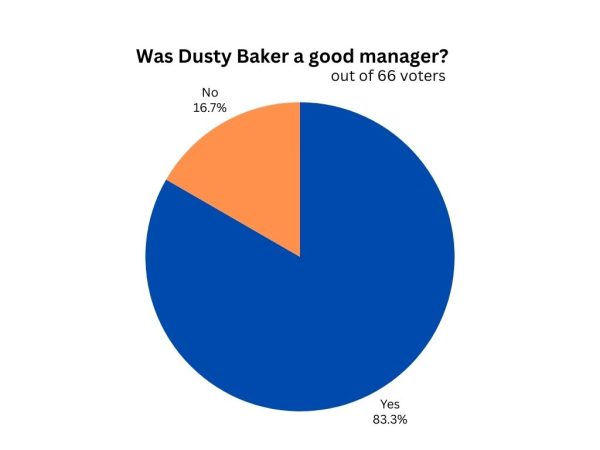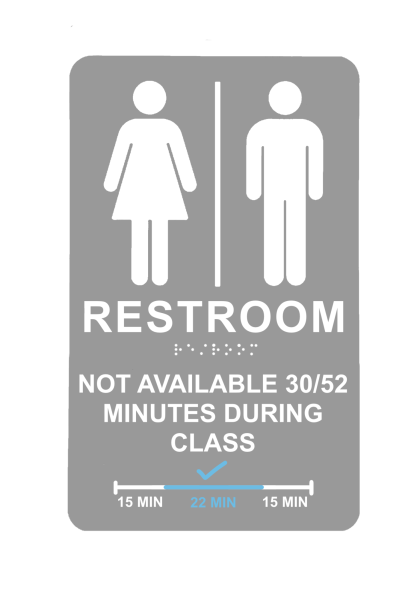Competitive academic culture: The ill-fated ending of cheating and stat-padding
Many students face pressure to succeed and get into a good college. Thus, they turn towards cheating and stat-padding.
Compete. Fail. Cheat.
This trifecta has pervaded the academic landscape and has become commonplace in the lives of students. In such an environment, it’s no secret that the fear of failure has created a culture of cutthroat competition, where the pursuit of a letter grade and a pretty resume trumps everything else.
It’s a dog-eat-dog academic world where your friends are your biggest rivals. Behind the amicable congratulatory messages to a peer’s success lay much darker emotions of bitterness and envy. One more award added to their qualifications is another award that you feel obligated to procure. One slip-up on their test scores is secretly an immoral form of reassurance, a safety net for your potential mistakes.
All of this underhand behavior can be traced back to one factor: the toxic competitive culture, where students have been conditioned to believe college is the gateway to a successful life where the best application is the key. But those keys are limited in number, creating an irresistible sense of desperation to secure one. Education has now become more about the college acceptance letter than the high school experience. It doesn’t matter how you receive it, as long as you do receive it.
Especially during recent years, as college admission rates drop to a record low in the single digits, competition has only become fiercer – forcing students to betray their identity and resort to unconventional, fraudulent “solutions.”
Cheating
“If everyone else is doing it, why shouldn’t I?”
It’s the typical mindset of a cheating student who justifies their actions by saying it’s “just a way to level the playing field.”
According to a study carried out by the International Center for Academic Integrity, the incidence of academic dishonesty has reached an unprecedented level, with 95% of students admitting to having cheated in the last year. As pressure increases, ethical behavior may become an afterthought. When you don’t know how to say a phrase in Spanish class, Google Translate beckons your name. When you don’t have time to read a chapter of Julius Caesar in English class, Sparknotes slithers its way into your search history.
But what many of those students don’t recognize is that cheating is just a facade of success, a shallow mirage that can only take one so far. Shortcuts may get you to the destination but will leave you stranded to navigate the terrain beyond.
So, why do people cheat in the first place when they know it’s wrong?
The answer is simple: pressure. The pressure to succeed, to meet expectations, to compete with others can be overwhelming. You know you need to secure a future. You know there’s always someone better than you. Cheating might just be the only way to get ahead.
That’s just how the cutthroat culture in schools works. It encourages – or rather makes it practically necessary – for students to take shortcuts and do whatever it takes to secure that spot in a college.
However, such a culture encourages the opposite of what our education system was designed to do. You cheat yourself in the long run when you cheat on education. School teaches you not only knowledge but also crucial real-world skills like discipline.
A study conducted by San Francisco State University found that “students’ tolerance for cheating has a high probability of bleeding over into their careers later on.” Once a cheater, always a cheater. If you get into the habit of cutting corners, how are you going to make it in the real world where there’s no shoulder to look over, no answer key on Google, no cheat sheet?
You can’t.
It’s just common sense. You could cheat your way through school. You could somehow cheat your way into becoming a doctor. But when it’s actually time to treat a patient, Google won’t have the answers you’re looking for.
Stat padding
“Yeah, I’m just doing it for college.”
You have to do it all. You joined all these clubs and spent all your afternoons on extracurriculars. But you definitely don’t have an interest in them all. You keep up with them simply because you think colleges will be more drawn to me.
Stat padding has become a necessary reality that most students must face. To be competitive in the eyes of a top-tier school, students may feel the need to engage in activities that they may not be actually interested in—all in the name of aligning themselves more with what a college is looking for.
Hundreds of volunteer hours. Founder of three nonprofits. Pre-K valedictorian. 5th-grade safety patrol.
But racing to fill resumes with impressive accolades and activities only leaves you lost on a lone road. You can’t truly discover what you want to do with your life if your passion doesn’t “look good for college.” Students are often told they can always chase their dreams later, but the reality is, once a student exits university, there are few opportunities to change the path they’ve set out on.
That’s the fundamental flaw in the American education system. In high school, you’re supposed to learn, explore different areas and discover your passions—not chase around awards and titles. Sadly, the competitive culture creates an environment where students are more focused on presenting a marketable image of themselves than pursuing their genuine interests.
When faced with the daunting gauntlet of competing for coveted college acceptance letters, it’s either you or someone else. If they’re stat padding to stand out, you either join the rat race or be left behind.
Students are told by parents, counselors and admission officers to be more than just names and numbers, but the brutal reality of competition has only solidified in their minds that numbers are all that matter.
While colleges shifting to test-optional alleviates some of the competition, removing SAT scores from the equation will only put a greater emphasis on extracurriculars and GPA. In the end, it’s a zero-sum game.
The answer
The truth is, there’s no true “solution.” Students will always cheat. Students will always try to appear pretty on paper. It’s inevitable. But that doesn’t mean we, as a society, can’t reduce the prevalence of these circumventing strategies.
The biggest step towards curbing cheating and resume padding is uprooting the whole competitive academic culture. Students can’t control how colleges choose to reform their admissions systems. We can’t enforce anti-cheating rules. We can’t decide what our peers choose to do in their free time. But we can change the cutthroat environment that encourages superficial behavior by bringing awareness to the issue.
If you cheat and stat pad your way into university, what’s next? What are you going to do? You didn’t learn anything. You didn’t explore any passions. You wasted all of your high school years on an empty goal.
College isn’t the end-all-be-all.
That’s why it’s time to shift our focus from competing for the sake of impressing colleges to pursuing our passions for the sake of personal growth and fulfillment. We must do away with this toxic, competitive school culture that promotes cheating and stat padding one student at a time. Because, in the end, it’s not about where and if you go to college but who you become along the way.














Balur Bushwanishi • Apr 14, 2023 at 9:48 am
I feel this real hard. I come from a well-off Indian family. Both parents work as doctors, and I feel like the competitive culture in India that their parents put in them stripped them of their passions. Ever since they were little, they were told to do good in math and science, and in the process, they never developed any passions or hobbies. So now, their life is work, sleep, and make their children repeat the same fate.
Ming • Apr 13, 2023 at 9:55 pm
I’m sadden to see the culture that was pervasive at Bellaire over 20 years ago still rings true. For those who may read this OpEd in the future, please know that numbers are only a part of the admissions consideration, and after a certain point, it doesn’t matter. And that point is probably lower than what you think it is. I’m an interviewer for one of those single digit acceptance rate colleges. It is very easy to see through the resume inflation. It is much better to pursue your passion (whatever it may be) with vigor, heart, and determination than being the officer on 20 different clubs that you are disinterested in. As you move through life, beyond college, numbers become less and less relevant. The character you forge in these trialing years will serve you well beyond your SAT or GPA.
Nabila • Apr 12, 2023 at 2:12 pm
With bringing down cheating SO much of it is the culture! when your friends cheat, call them out on it and don’t let it be an acceptable thing. so much of what we as a society accept is what we believe our peers or already doing.
joy • Apr 11, 2023 at 9:15 pm
I really like a lot of these points. Great writing!
Tejeshwar Jayaram • Apr 10, 2023 at 9:03 pm
Real.
Shaun Israni • Apr 10, 2023 at 8:12 pm
Such an informative and inspirational article!